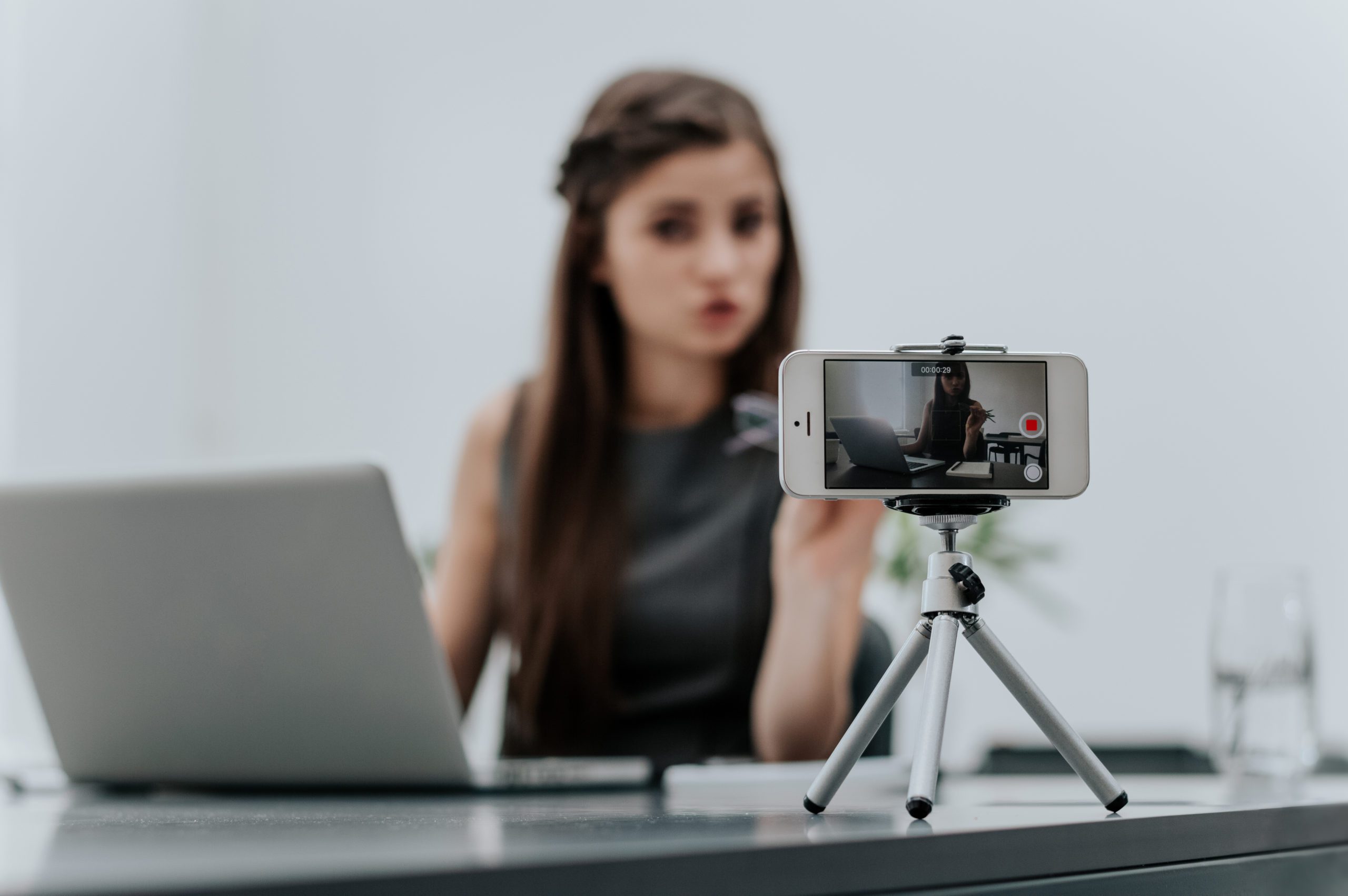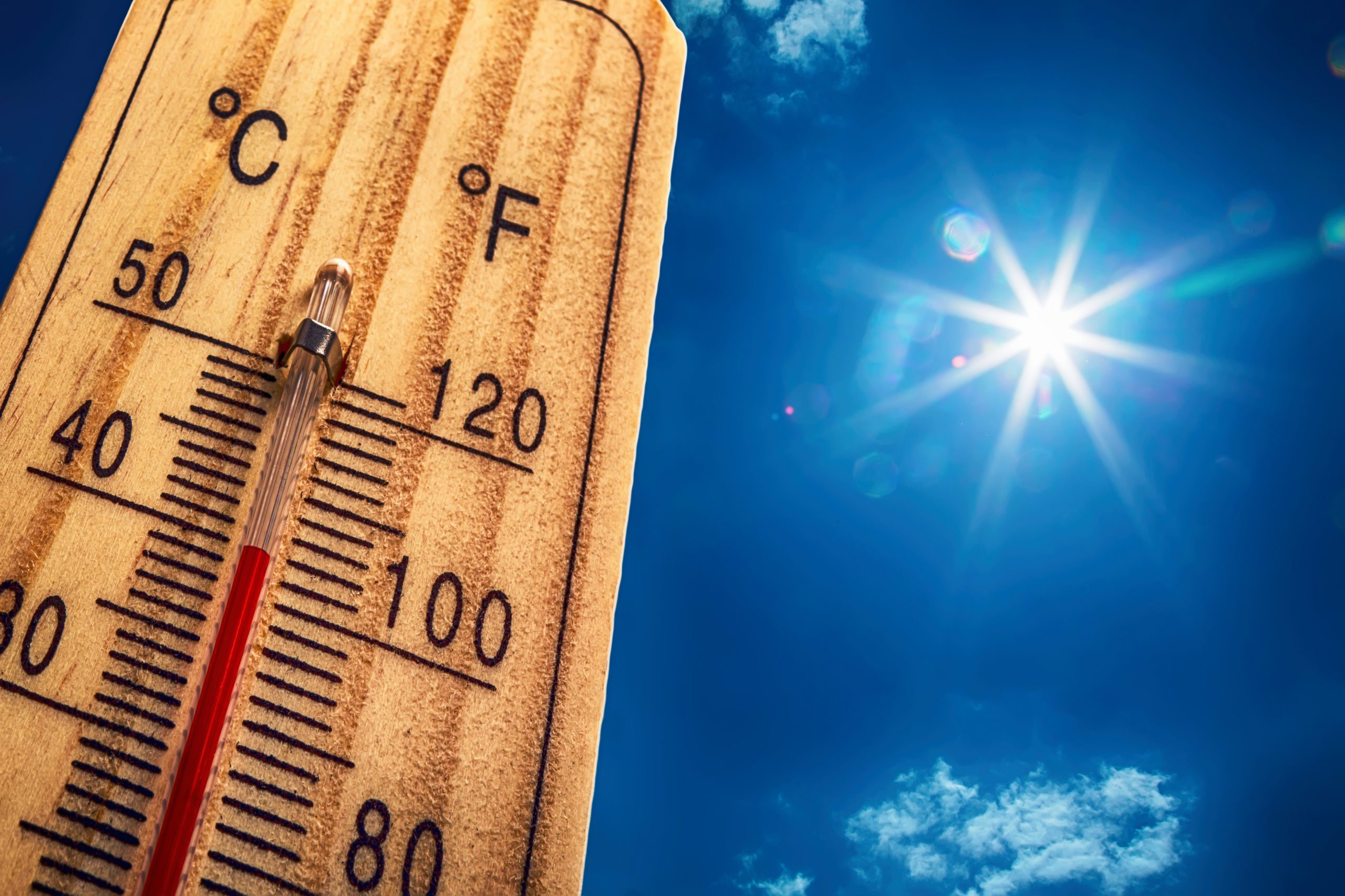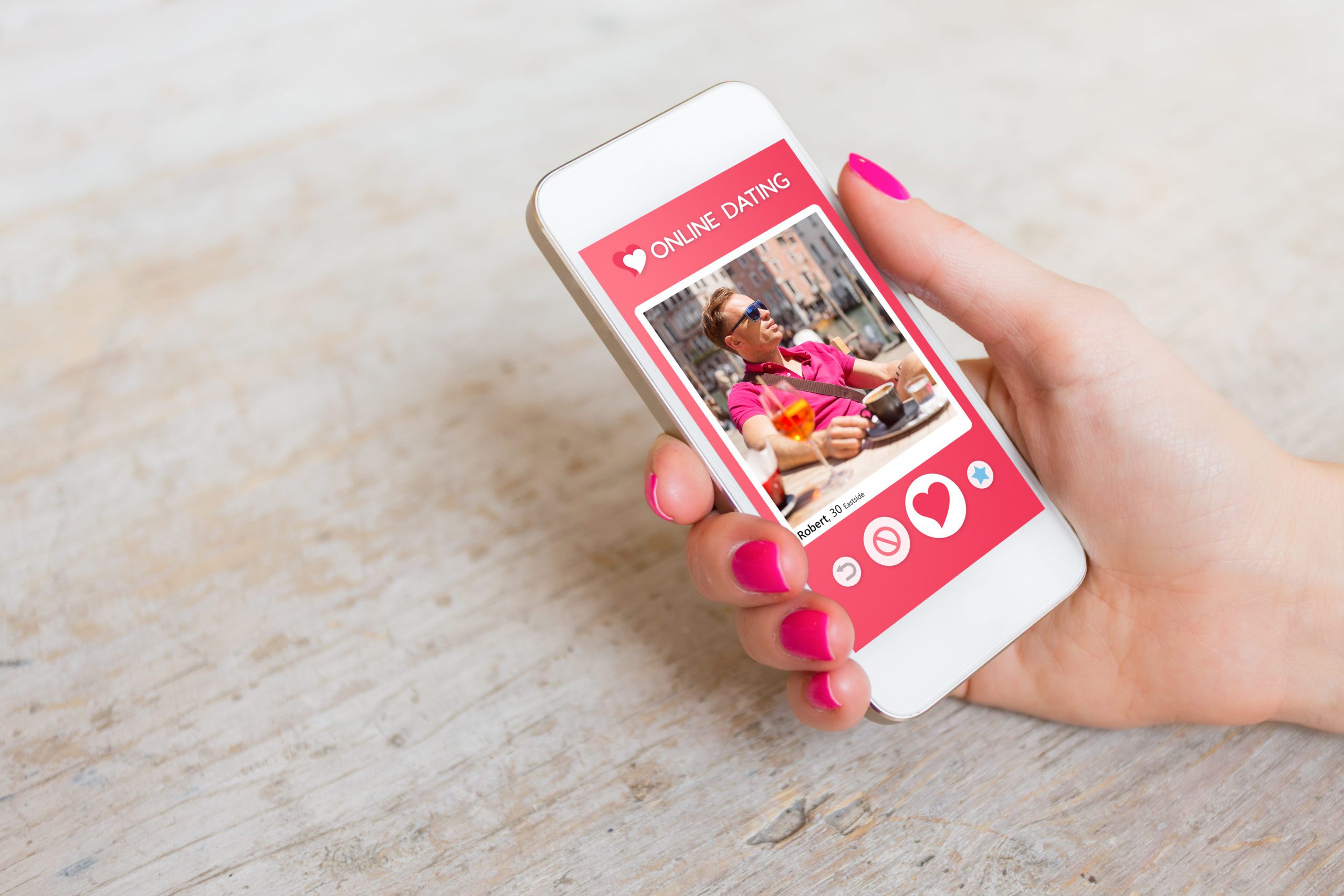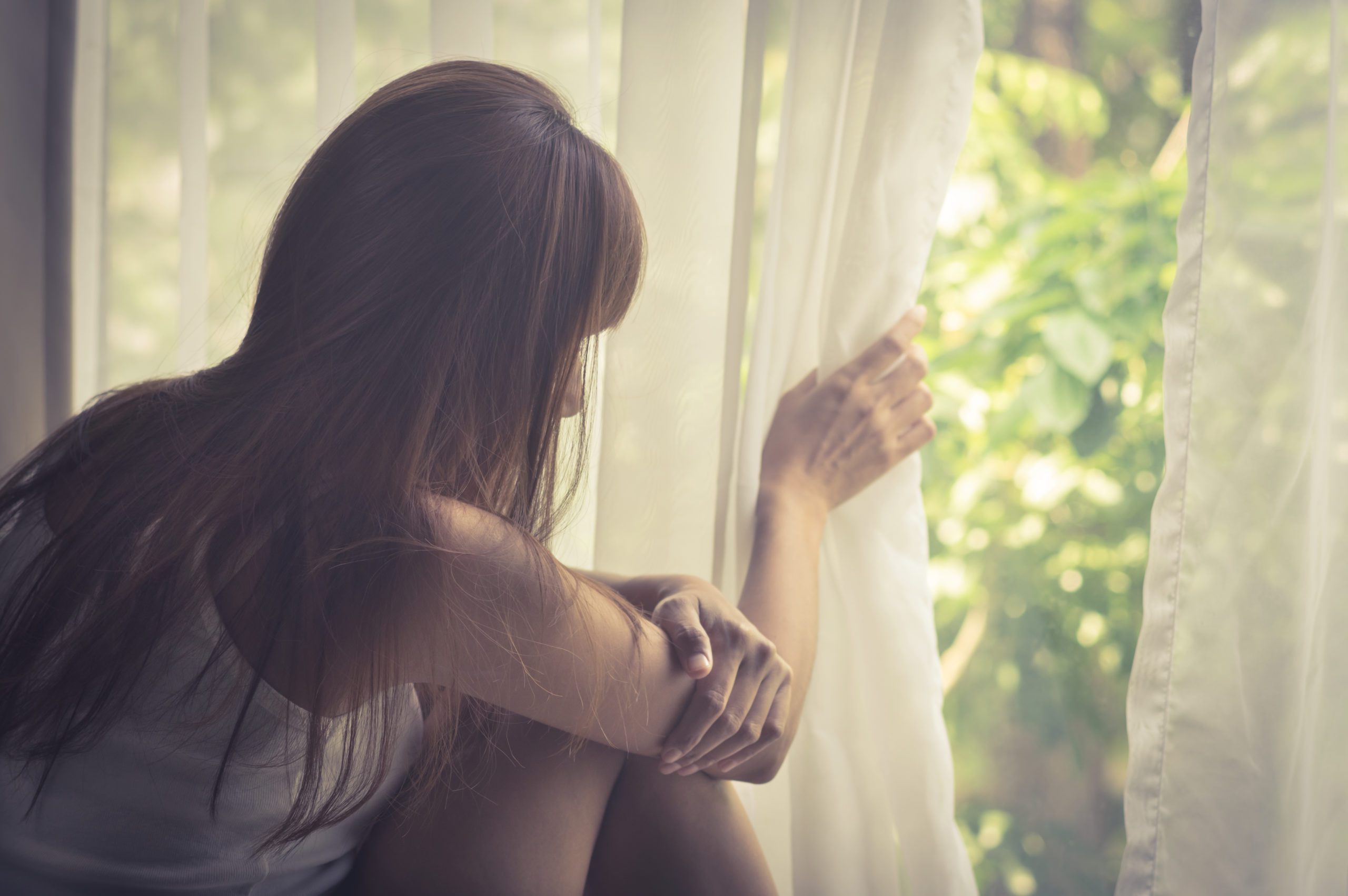Anxiety issues are something we cover frequently. We know how common and crippling they can be and how people have found comfort through certain prescription medications. Well, last month some of those products came under fire due a drastic increase in the amount of overdoses they’ve been causing. Just like opioids; the initial intent behind these drugs is good, but they can also easily become habit-forming and abused.
Interestingly, painkillers and anti-anxiety meds do have somewhat of an intertwined connection. Research gathered by DrugAbuse.com showed that over the past three years, 23 percent of the people who died from opioid overdoses also tested positive for benzodiazepines (which include anxiety and insomnia drugs like Xanax, Valium, Ativan and Klonopin). There is also the alarming stat of 14 million “benzo” prescriptions last year, which is double the amount from a decade ago.
Naturally this is making the conversation shift when it comes to prescription regulations. Though the opioid epidemic is receiving a large share of news coverage (as it properly should), benzo abuse has yet to hit the mainstream radar. That may soon change, according to a new article on TheFix.com.
Several prominent researchers and scientists are speaking out about benzo abuse, hoping to avoid a widespread catastrophe like what has been seen with the opioid crisis. Dr. Anna Lembke, an addiction specialist at Stanford University, urged Fix readers to start spreading the word about the potential dangers of anti-anxiety meds.
“We have this whole infrastructure set up now to prevent overprescribing of opioids and address the need for addiction treatment,” she explained on the site. “We need to start making benzos part of that. What we’re seeing is just like what happened with opioids in the 1990s. It really does begin with overprescribing.”
Other advocates have spoken out in support of benzodiazepines, illustrating that they have shown true success when it comes to anxiety and insomnia problems. But almost everyone agrees that they should be used as short-term solutions and not an ongoing prescription that is constantly being refilled.
And the fact that they are quite easy to attain worries people like Dr. Lembke.
“When taken in combination with painkillers or illicit narcotics, benzodiazepines can increase the likelihood of a fatal overdose as much as tenfold,” she added. “With heightened public awareness of the nation’s opioid epidemic, state and local officials should really insist that these anti-anxiety meds start sharing some of the scrutiny.”






